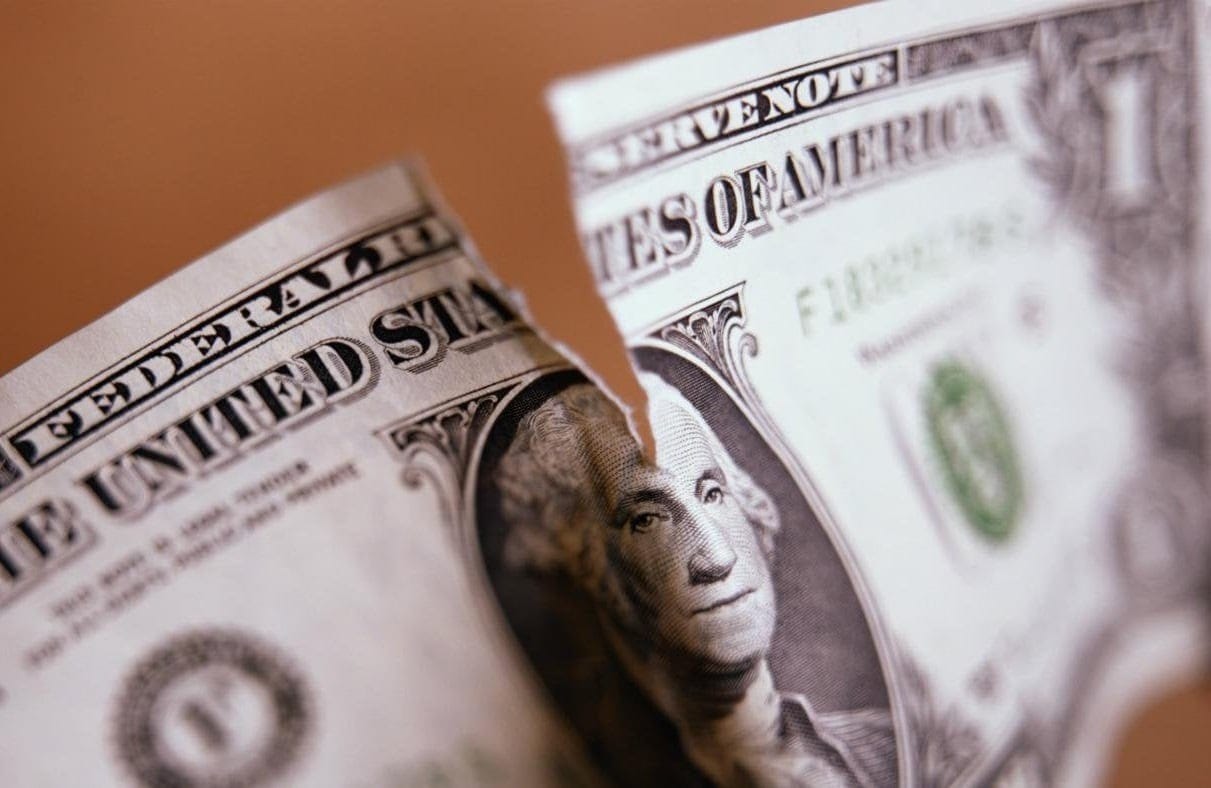When the Federal Reserve meets on June 15-16, it will have to take note of the recent debt ceiling agreement. If the Fed could ill afford to engage in monetary policy overkill before the debt ceiling agreement, it certainly can ill afford to do so after that agreement.
After that agreement, no longer will the Fed be able to count on budget stimulus to help revive the economy in the event of an economic recession. Indeed, after the agreement, budget policy will likely be a drag on the economy as the government will now be forced to limit public spending next year to meet the agreement’s public spending caps.
Over the past few economic cycles, budget policy has played a useful role in helping the economy recover from an economic recession. This has especially been the case since 2009 when the Fed could not stimulate the economy with interest rate cuts once its interest rate had been reduced to its zero-lower bound. By contrast, government spending could get money quickly into people’s pockets and by doing so help propel the economy higher.
In March 2009, after the Lehman bankruptcy triggered the Great Economic Recession, President Obama enacted an $800 billion stimulus package to help support the Fed’s efforts to engineer an economic recovery. That budget stimulus contributed to the longest post-war economic recovery at a time when the Federal Reserve had run out of its usual interest rate monetary policy ammunition.
Similarly, in 2020, following the Covid-induced economic recession, the Trump Administration obtained bipartisan support for a peacetime record $3 trillion in budget stimulus to help the economy recover from its worst post-war economic recession. That stimulus, together with an aggressive and highly unorthodox monetary policy, contributed to a sharp and early recovery from the Covid economic slump.
However, the subsequent $1.9 trillion American Rescue Plan enacted in March 2021 proved to be damagingly excessive especially at a time when the Fed was fast asleep at the wheel and kept interest rates too low for too long. It led to economic overheating and a surge in inflation to its highest level since the early 1980s.
In an effort to correct for past public spending excesses and to put the government’s debt on a more sustainable path, the recently struck debt ceiling agreement between President Biden and House Speaker McCarthy envisages strict caps on government spending. While suspending the debt ceiling till 2025, the essence of the agreement is strict limits on non-defense government spending. That spending in fiscal 2024 would be limited to the same level as this year and be allowed to increase by 1 percent in fiscal 2025.
The idea of spending caps is certainly what the country needs to wean itself away from an excessive debt buildup. However, these caps could prove to be problematic at a time of a meaningful economic recession especially once the Fed has cut interest rates to their zero-lower bound.
These caps reduce the room for the Fed to make the policy mistake of keeping monetary policy too tight for too long and heightening the risk of a serious recession. If the economy does go into a meaningful recession, it will now be the Fed alone that will have to bear the burden of getting the economy out of the recession. However, as we have learnt in the previous two cycles, the Fed’s effectiveness in reviving the economy is reduced once its interest rate reaches its zero lower-bound.
Over the past year, the Fed has raised interest rates at their fastest pace in over forty years to regain inflation control. That in turn has led to an unusual contraction in the money supply and has contributed to a regional banking crisis that could lead to the banks being increasingly reluctant to extend credit. It has also led to a marked slowing in the economy and heightened the risk of a meaningful recession later this year.
Now with any future budget stimulus off the table, the Fed needs to reassess its monetary policy stance. It needs to give more weight to the risk that it is being overly restrictive in its policy and that now is the time to put an end to its interest hiking cycle. It does not want to find out what happens in a recession when the Fed has run out of monetary policy ammunition and when budget stimulus is no longer an available economic policy option.
American Enterprise Institute senior fellow Desmond Lachman was a deputy director in the International Monetary Fund’s Policy Development and Review Department and the chief emerging-market economic strategist at Salomon Smith Barney.

